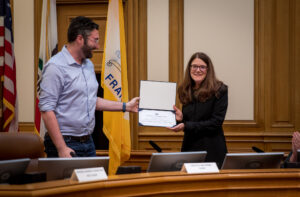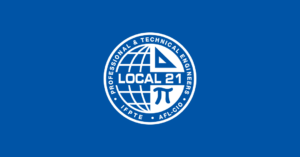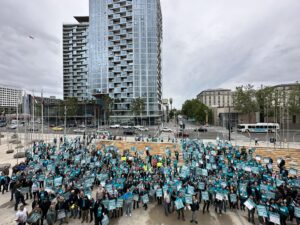On July 1, longtime Local 21 Field Services Director Bob Britton retired after 16 years of service to the local (along with many more years working in the labor movement). Before he left, Bob took some time to answer the following questions and offered some insight on what makes our membership unique, as well as his take on the future of unions in general.
TWENTY-ONE: Many people working in the labor movement take various paths in their journey to get there. What path led you to your calling?
BB: I had always been interested in unions. In high school I wrote an article for my father’s Teamster newsletter on so-called “right to work” laws. My first union was a Teamster Local when I took a part-time job in high school loading milk trucks. My first full time job was at Stanford, where I joined the fledgling United Stanford Employees. We petitioned for recognition, collective bargaining and won an NLRB election, becoming SEIU Local 680. I was active as a Steward, Chief Steward, Executive Committee member and eventually President of the Local.
While we were interviewing for a new Executive Director, I ran the union during the day and worked nights at Stanford. I knew I wanted to do union work full-time professionally, and I asked anyone who would listen, “How do I get there?” I represented members who had been fired and successfully won their reinstatement. I learned to do my own arbitrations. I led a safety walkout of my co-workers and successfully helped present our case at an evidentiary hearing at the Office of the Labor Commissioner. As President of the Local, I chaired the negotiating team and learned a bit of collective bargaining. I participated in two strikes.
That was all valuable experience and gave me “street cred” which led to my first union representative job at SEIU Local 715.
What are some key memories you take with you as you retire?
While representing workers at the City of Palo Alto, I led one of the first pay equity campaigns in the country for “comparable worth,” negotiating huge pay equity raises for predominately female classifications. At that time, advanced degree jobs such as Librarian were paid less than predominantly male jobs requiring only a driver’s license. That has always been a mark of pride for my career.
Another key memory happened after I was arrested for passing out union literature to members in Superior Court in San Jose, KCBS Radio interviewed me and asked, “Why did the Deputy Sheriff strip search you and inspect your anal cavity?” I had anticipated the question and deadpanned, “I guess they were looking for more leaflets.” I’m not always successful, but I try to interject humor into union work.
What makes the membership of Local 21 unique?
As we always say Local 21 members are smart and highly educated, but in the past 16 years working here, I have noted again and again that our members “get it.” They realize their middle class status is threatened; that income disparity is growing deeper every year; and that only through collective action and political involvement is there a chance to take back a “piece of the pie” for the 99%.
While other unions are struggling (and public sector unions are now the hardest hit), Local 21 is seeing greater success than ever. In my 16 years with Local 21, we have continued to grow the membership and improve on our work. We now enjoy services the local could only dream of when I came to work here. We have our own Research Department, Communications Specialist, Political Director, Legal Assistant and more. We’ve managed to at least tame the negative press and create our own press. Our videos in Contra Costa County, Oakland, and San Francisco spotlight our members’ work and their struggles. They show our members as part of the community, not separate from it.
What advice would you give those who are considering pursuing a career with a union?
Expect hard work, long hours and tremendous satisfaction.
If you could make some predictions about unions in this country, or the labor movement in general, what would they be?
While the labor movement has been under attack from the political right, locally we have seen some of the harshest attacks coming from politicians who call themselves Democrats—such as Mayor Reed in San Jose and the current Hayward City Council. What those Democrats forget is that it’s the unions that elected them. It’s the unions that have the people power. If they attack us, we should replace them, and we have the power to do it.
I don’t think anyone can predict the future, but income disparity in the United States has reached record levels. Our country ranks 43rd worldwide in terms of income equality. The African nation of Cameroon has less income disparity than the U.S. This cannot last. The political right uses the bugaboo word “socialist” when describing unions, but really we are part the market economy. Such income disparity as we see today, in which even professionals struggle to remain in the middle class, cannot last. I predict that unions across the board will see resurgence as workers from all sectors of the economy find that only by coming together will they have leverage to stop our country’s decline to that of a third world economy.
Your community and your faith are important to you. How has your passion outside the work benefitted your career?
One of the tenets of my faith is the worth and dignity of each human being. All people have an equal claim to life, liberty and justice. It’s by coming together that we make good on that claim. It was Frederick Douglas, who wrote:
The limits of tyrants are prescribed by the endurance of those whom they oppress. Power concedes nothing without a demand; it never did and it never will.
When the struggle seems unwinnable, I remember that it was Martin Luther King, Jr. when quoting the theologian, Theodore Parker, who said:
The arc of the moral universe is long, but it bends toward justice.
And lastly, any big plans for your retirement you’d like to share?
I’d like to sleep past 5 am.

This article is part of the Summer edition of the Local 21 Quarterly Magazine. Click here to download the complete magazine.
